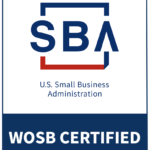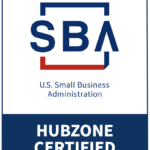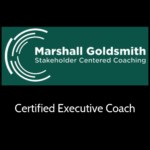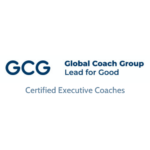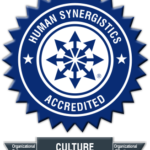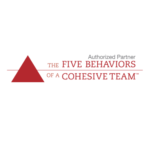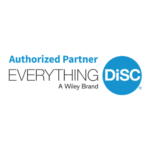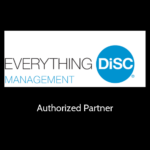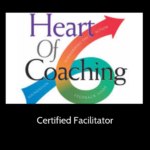Have you ever experienced any of these three LIMITING BELIEFS?
- I am successful because of my behaviors
- I don’t want to involve stakeholders in my development – that would only point out my weaknesses.
- Executive coaching is for leaders who are failing, not leaders like me who are succeeding.
These are just a few of the common limiting beliefs that we have had clients share with us in coaching. Beliefs like these can (and will) limit success.
Here is the actual truth regarding these assumptions:
- Sometimes success comes in spite of behaviors.
- Your weaknesses are already very apparent to others. Making a transparent commitment to “do better” can be powerful.
- Executive coaching is for all leaders who want to be even more successful.
So, how does one go about replacing these limiting beliefs with empowering beliefs?
Well – you can begin with coaching!
In times past, executive coaching may have been considered as a last-ditch effort to save a failing leader. Today, much more often than not, executive coaching is intended for leaders who are succeeding! The coaching often includes exploring your limiting beliefs and behaviors.
Then there is the LEADERSHIP SUCCESS DELUSION:
I know you can all probably think of a time when there was a very successful “it” person at work. The person getting the plumb projects and assignments. Getting the quick promotions. Being held up as an example. Lots of buzz about this person. Until – one day – there just wasn’t. You realize you haven’t heard from or about them in a while. They may even have been “invited to leave the company”. And you probably thought – What Happened?
The answer may lie in this reality. The more successful we become – the more positive reinforcement we get – and the more likely we are to suffer what Marshall Goldsmith, the world’s #1 executive coach, has coined the “Success Delusion”. Or as he puts it – “I behave this way. I am successful. Therefore, I must be successful because I behave this way.”
The more successful we are the more delusional we may become. In addition to your limiting beliefs, oftentimes, without realizing it, you may be facing an erroneous assumption about your own capabilities.
We all start every day with a desire to be successful. Did you know that even very successful people may be held back by a personal failing or two that they either:
1 – do not recognize
2 – have not been told about
3- are aware of but refuse to change
You may be thinking – how can I avoid the “success delusion” and become even more successful?
You can begin with 360-degree feedback and executive coaching.
- In the 360-feedback process: stakeholders including bosses, peers and employees complete a survey to rate leaders on a number of top pressing behavioral competencies, as they are observed on the job.
- The data are compiled and the results of the survey are shared with the leader. This allows leaders to see how they are viewed by others. It is important to note that stakeholders’ perspectives often differ from the leader’s own perspectives. Sometimes significantly.
- 360-degree feedback gives Leaders insights into the areas they need to develop in order to remain successful in the future – and typically provides a stimulus for behavioral change.
- For this reason, executive coaching often begins with 360 Feedback.
- During the coaching process, the coach helps the leader hone in on the one or two behavioral changes on which to focus, and map out an action plan for change.
- Leaders who are genuinely engaged in the coaching process achieve positive, long-term, measurable change in behavior: for themselves, and for their teams AND ultimately maximize leadership excellence and business results for their organizations.
You may be thinking – how, or even why – does one go about helping a successful leader become even more successful? Surely it is enough for the leader to continue doing what he or she has always done – it’s obviously working. Right? Well – Wrong.
In order to stay successful in today’s competitive business environment, leaders must become aware of any potential behaviors that could become career stallers. 360-degree feedback and executive coaching are tools, that when used appropriately and facilitated by experienced certified professionals, can indeed help successful leaders become even more successful.
If you would like to explore how you can become even more successful, work with highly experience and certified executive coaches and facilitators, send us a note…and Let’s Talk!


